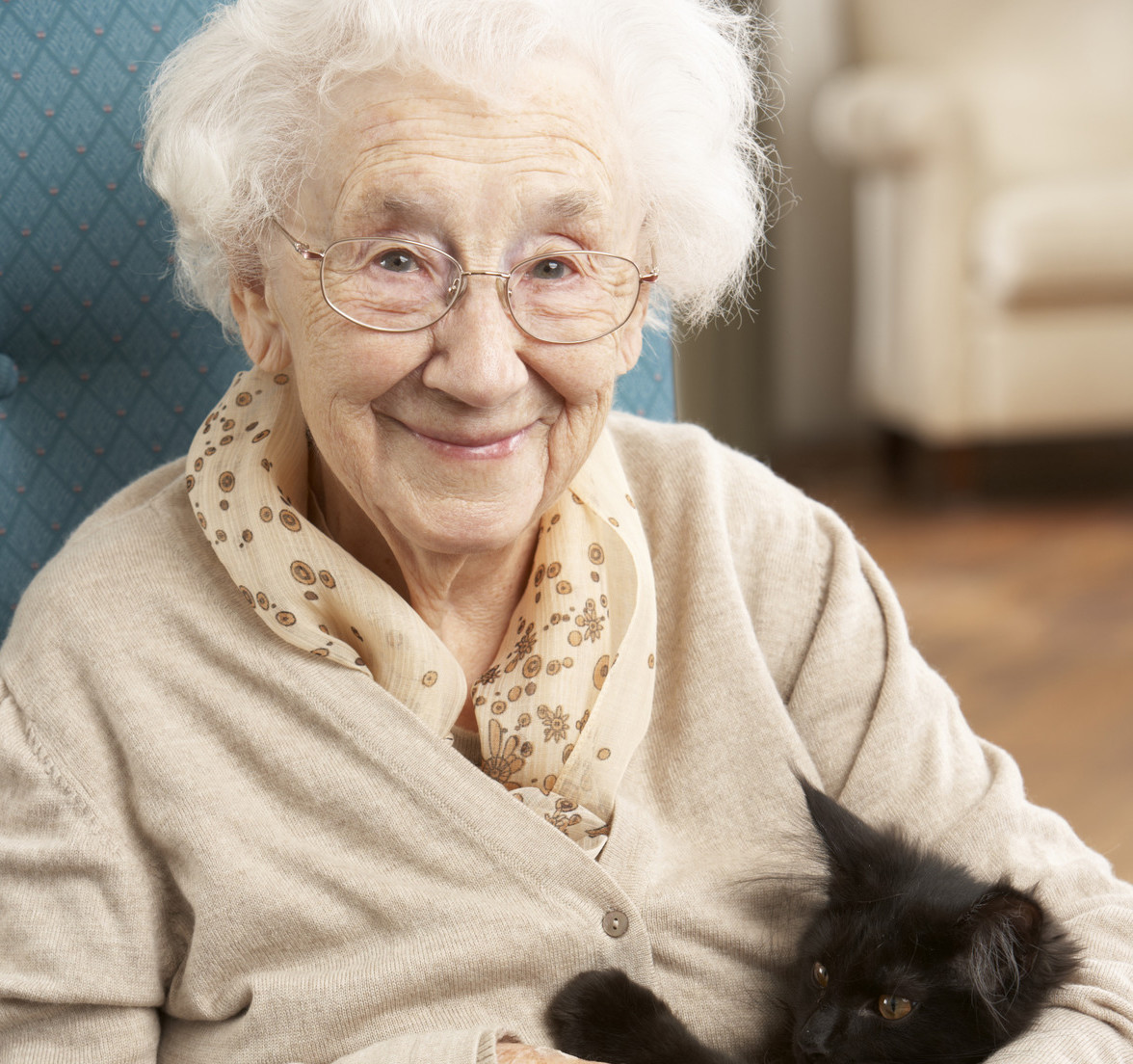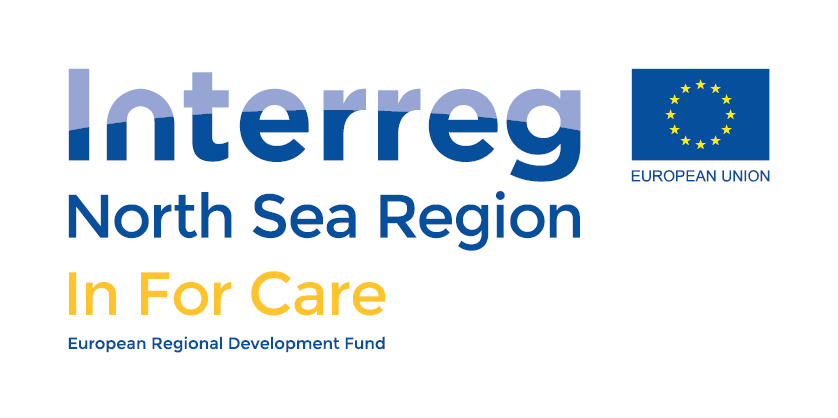För ett utvecklat samarbete mellan vård, omsorg, anhöriga, frivilligsektor och vårdtagare.

Demografin i de europeiska länderna förändras. Länderna runt Nordsjön har alla en åldrande befolkning och ett ökat behov av sjukvård och omsorg samtidigt som resurserna är begränsade. Som en konsekvens av detta förändras vård- och omsorgssystemen i en riktning där civilsamhället får en viktigare roll.
Idag är 1,3 miljoner svenskar anhöriga till en närstående med vård- eller omsorgsbehov. Anhörigstödet växer i betydelse och utvecklingen av nya samarbetsformer mellan offentlig vård och omsorg och frivilligorganisationer hittar hela tiden nya former.
Projektet In For Care syftar till att utforska hur nya samarbetsformer mellan offentlig sektor, näringsliv och civilsamhälle kan ge svar på hur ökade behov och efterfrågan kan tillgodoses och hur informella nätverk kan stärkas genom ny teknologi.
Projektet ska utveckla den informella sektorn inom vård och omsorg och genomförs i nära samarbete med kommuner, patienter, anhöriga och frivilligorganisationer i Värmland. Ambitionen är att stimulera offentlig sektor till att öka efterfrågan på innovationer och generera nya lösningar som kan utveckla de offentliga välfärdstjänsterna.
Potentialen är stor både när det gäller förbättrad livskvalitet för patienterna och ett effektivare nyttjande av hälso- och sjukvårdens resurser. Det finns också potential att ge närstående och andra frivilliga ökade möjligheter att stödja äldre människor genom ökad kunskap, bättre verktyg och nya samarbetsformer med den offentliga vården och omsorgen.
I projektet kommer Landstinget i Värmland att arbeta med patientgruppen multisjuka äldre. Det är en bred målgrupp med ett stort spektra av åkommor och behov av kunskap och stöd. Det är också en patientgrupp som nyttjar en stor andel av hälso- och sjukvårdens resurser idag.
Det treåriga projektet genomförs i samarbete med ett tiotal organisationer i Norge, Danmark, Holland, Belgien, Skottland och Sverige. I Värmland deltar landstinget och länsstyrelsen i projektet.
Följ projektet via Facebook, Twitter eller projektets hemsida
